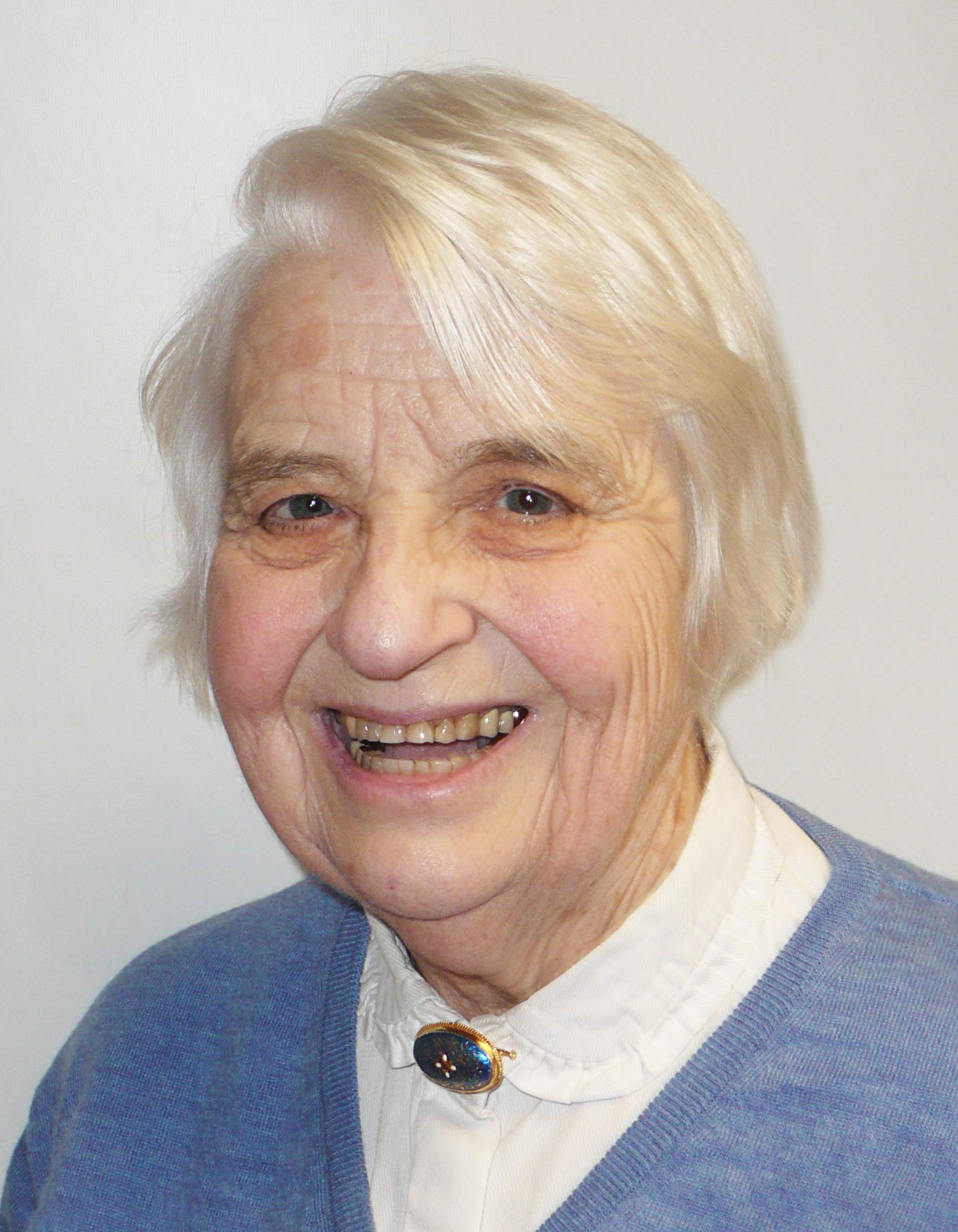Democrats, authoritarians and the Bologna process
- Judith Marquand, Cardiff University
Overview
The Bologna Process, initiated in 1999, was renamed ?the European Higher Education Area? in 2010. It includes 47 member countries of the Council of Europe. It now attracts worldwide interest.
Without sanctions, it has transformed its members? higher education systems, enabling comparability of their outcomes. This entails adoption of learner-centred methods of teaching, quality assurance requirements and increased mobility of students and staff between member countries. It promotes the involvement of all stakeholders in quality assurance, lifelong learning. These are essentially democratic objectives and methods.
Despite growing authoritarianism in some member states, it may yet survive because of their strong motivation to pursue economic development through increased technological and innovative capacity.
After examining the central processes, four contrasting country case studies ? Germany, Russia, England and Wales ? illustrate some of the varying responses to this similar framework.


